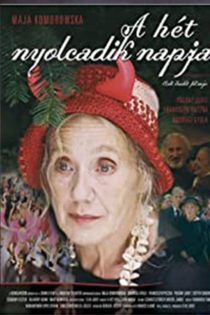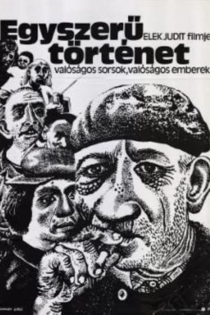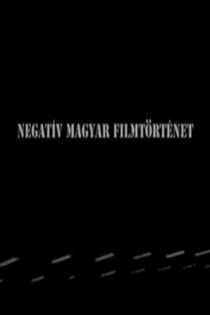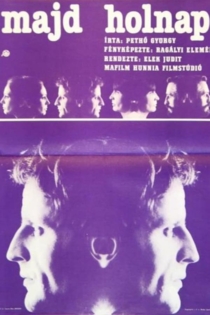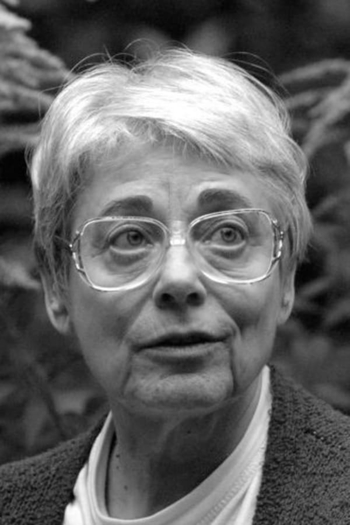
Judit Elek
2021Meddig él az ember?
Judit Elek
This two-part film examines the plight of the working class. In part one, an elderly factory laborer goes to work in his last days before he is forced to retire. He leaves the factory life he has always known and goes home to his wife. In the second part, a young farm boy goes off to an industrial trade school to prepare for the very work the old man left behind. The old man loses his freedom by forced retirement while the young man loses his freedom by becoming a worker faced with a lifetime of factory work.
How Long Does a Man Live?
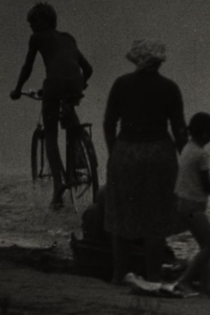
Istenmezején 1972-73-ban
Judit Elek
The first part of Judit Eleks long-term documentary portraits the lives of two girls in a small Hungarian village: Marika and Ilonka. As they grow up, they have to decide between working and learning or marrying at the age of 15 and living up to their parents' expectations.
On the Field of God in 1972-73
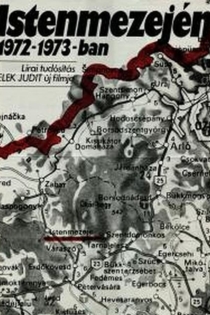
Vizsgálat Martinovics Ignác szászvári apát és társainak ügyében
Judit Elek
János Ács, Tamás Fodor
For this austere, clear and sharp telefeature, Judit Elek focused on the last months of Martinovics’ life: his interrogation by the Austrians, the examining Magistrate Schilling in particular, shown as a battle of wits as well as delusions – on both sides. Elek had wanted to make this film in the early 1970s, but wasn’t allowed to. When she finally got the chance, the reactions were predictable, as the parallels with recent Hungarian history were simply too obvious for officialdom not to feel anxious. History may not repeat itself, but the variations look eerily similar...
The Trial of Martinovics and the Hungarian Jacobins
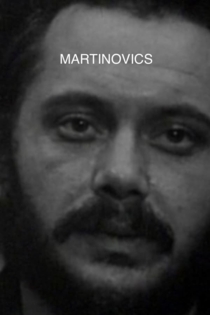
Sziget a szárazföldön
Judit Elek
Manyi Kiss, Éva Almási
Persuaded by the janitor's wife, a lively, but lonesome old woman, who is only attached to the world through her cherished objects and memories, decides to exchange her two-room apartment for a smaller one. For a little while her everyday life is changed. She meets and entertains new people every day.
The Lady from Constantinople
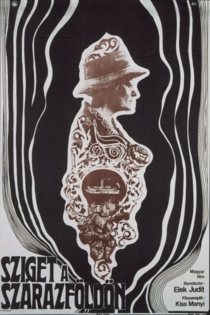
Ébredés
Judit Elek
Fruzsina Eszes, Judit Hernádi
1952, Budapest. Kati is thirteen years old when her mother dies. Her father works as a founder at the Miskolc foundry, deprived of his former position of director-engineer. Kati is left alone in their flat, transformed into a place crowded with tenants. That is, not quite: in her imagination her mother is alive again, for she still needs her.
Awakening
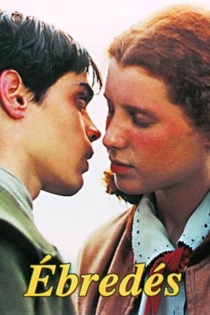
Tutajosok
Judit Elek
Sándor Gáspár, András Stohl
In the 19th century Austro-Hungarian Empire, David Hersko, a Jewish shepherd, witnesses the attack of a young girl. His home is burned down and he finds shelter with the family of a Jewish logger. The loggers find the body of a young woman which they bury, going against local laws. They are charged with her murder and it is believed that they killed her as a ritual murder.
Memories of a River
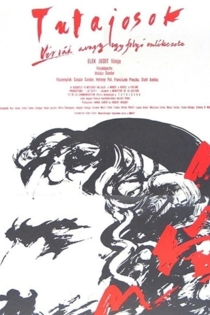
Mária-nap
Judit Elek
Edit Handel, Éva Igó
The Hungarian Maria's Day is set in that most fateful of years, 1848. The incredible changes and reverses in European politics and culture exert a potent influence on one aristocratic Hungarian family. Losing virtually everything in the way of creature comforts, the family tries to keep up appearances. Eventually every member of the clan falls victim to illness, syphilis and their own headstrong foolishness. The parallels drawn by director Judith Elek between the dissipation of 19th century Hungarian aristocracy and the corruption of Communist ideology in modern times are inescapable.
Maria's Day
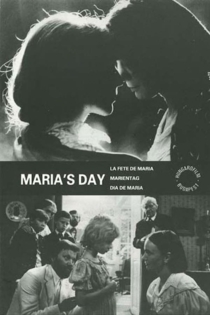
A hét nyolcadik napja
Judit Elek
Judit Hernádi, Maja Komorowska
After her husband's death, Hanna Szendroy, the former primadonna, portrayed by Maya Komorowska is caught in the claws of the real estate mafia. She looses her lavish home and ends up homeless at the Keleti train station. When she returns to her house, now full of homeless people moved in by the real estate mafia, an unexpected relationship brings hope into her life again.
The Eighth Day of the Week
